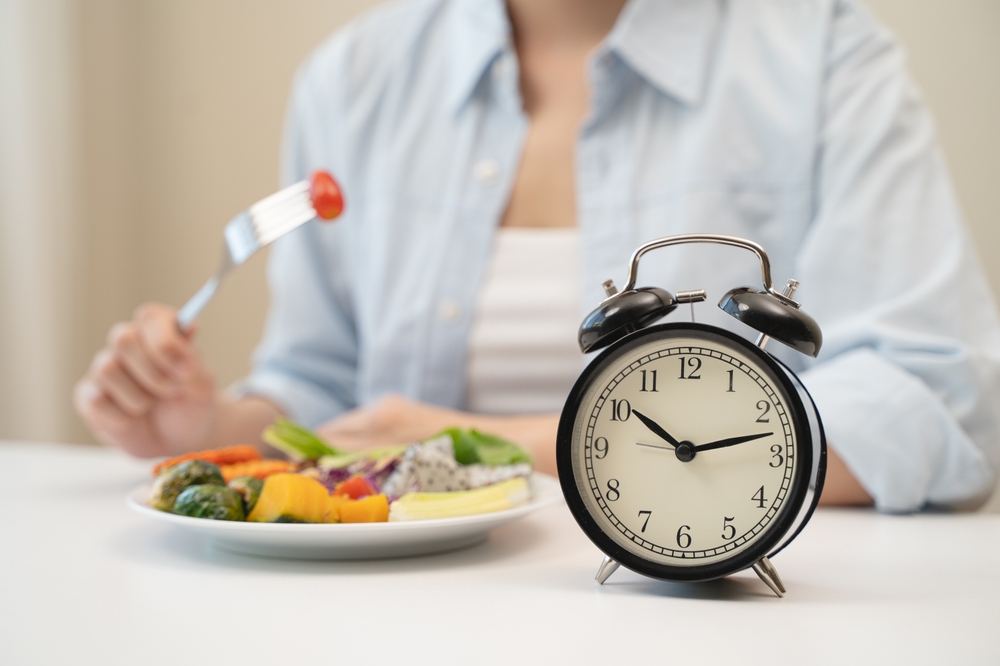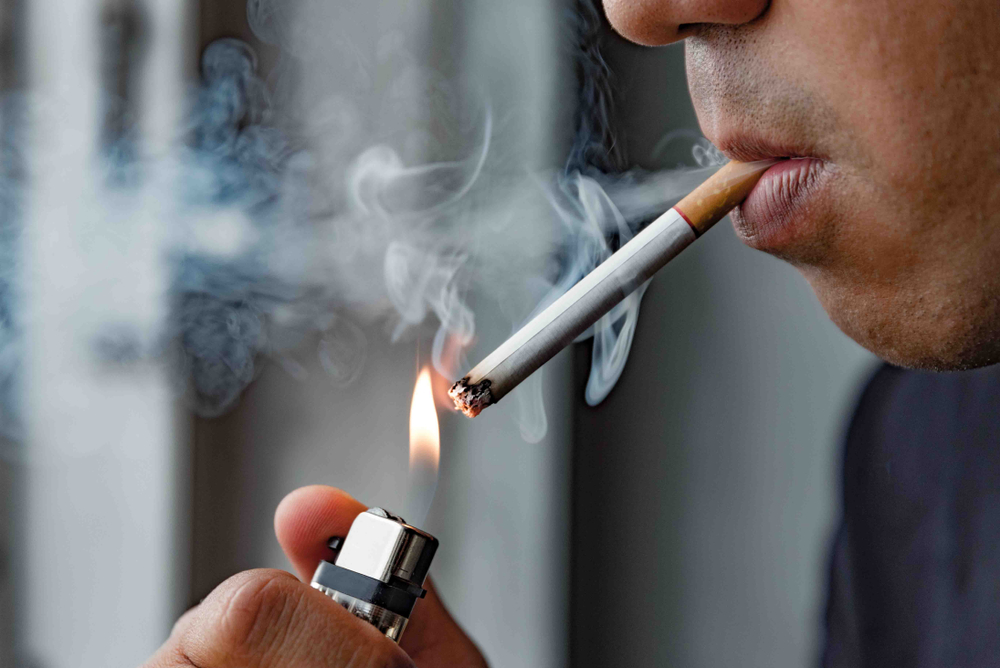Essential Preparations for Your Stress Test: What to Avoid

As you gear up for your upcoming stress test preparation, it’s crucial to understand how your actions in the hours leading up to the examination can significantly impact its accuracy. This comprehensive guide will walk you through the key things to avoid before your stress test, ensuring you’re well-prepared for this important cardiac evaluation.
The Importance of Proper Nutrition and Hydration
Your eating and drinking habits play a vital role in the accuracy of your stress test results. Here’s what you need to know:

Fasting Guidelines
It’s generally recommended to avoid eating solid foods for at least 3 hours before your stress test. However, fasting requirements can vary based on individual health conditions. For instance, if you have diabetes, you might need to fast for up to 12 hours to ensure stable blood sugar levels.
Hydration Do’s and Don’ts
While solid foods are off-limits, you can usually drink clear liquids like water, apple juice, or cranberry juice. However, it’s crucial to avoid certain beverages:
- Caffeine: Steer clear of caffeinated drinks for at least 12 to 24 hours before the test.
- Alcohol: Avoid alcoholic beverages for at least 24 hours prior to the examination.

Substances to Avoid As Part of Your Stress Test Preparation
Several substances can interfere with your stress test results. Here’s what you should avoid:
- Tobacco and nicotine products (including e-cigarettes and vapes) for at least 12 hours.
- Recreational drugs, including cannabis, for at least 24 hours.
- Sweet items such as gum or mints.
“Avoiding these substances ensures that your heart’s response during the stress test is not influenced by external factors, providing a more accurate picture of your cardiovascular health.” – Dr. Jane Smith, Cardiologist

Medication Management
Your regular medication routine may need adjustment before the stress test:
- Some medications, such as beta-blockers, calcium channel blockers, and nitrates, might need to be temporarily discontinued.
- Always inform your doctor about all medications you’re taking, including over-the-counter drugs and vitamins.
It’s crucial to consult your healthcare provider for personalized instructions regarding your medication regimen.

Personal Care and Comfort
Your comfort during the test is important, but certain personal care practices should be avoided:
- Don’t apply lotions, powders, or perfumes to your chest area, as these can interfere with the adhesion of electrode pads.
- Wear comfortable, loose-fitting clothing and appropriate footwear for exercise.
Physical Activity Considerations
To ensure accurate results, it’s important to moderate your physical activity before the test:
- Avoid strenuous exercise for 24 hours prior to your stress test.
- However, maintain your normal daily activities unless instructed otherwise by your healthcare provider.
Tailoring Your Preparation
Remember, these guidelines are general, and your healthcare provider may have specific instructions based on your individual health status and the type of stress test you’re undergoing. Always follow the personalized advice given by your medical team.

Ensuring Optimal Results: Your Pre-Test Checklist
To wrap up, here’s a quick checklist to ensure you’re fully prepared for your stress test:
- Avoid solid foods for at least 3 hours before the test
- Stay hydrated with clear liquids
- Abstain from caffeine, alcohol, and tobacco products
- Consult your doctor about medication adjustments
- Wear comfortable clothing and appropriate footwear
- Avoid applying skin products to your chest area
- Refrain from strenuous exercise for 24 hours prior
By following these essential guidelines, you can ensure that your stress test results are accurate and reliable. Remember to consult with your healthcare provider for personalized advice and to address any specific concerns you may have.
To gain further insights into your heart health, consider using the Nexu Ring. This innovative wearable device can track your heart rate, heart rate variability, and other vital health metrics, providing valuable information to help you manage your cardiovascular health. By combining the insights from your stress test and the data provided by the Nexu Ring, you can take a proactive approach to your heart health and make informed decisions about your lifestyle and treatment plan.
You might also be interested in:
- Understanding Your Body’s Stress Response with Nexu Ring
- Mind Over Metrics: How a Positive Attitude Lowers Stress for Nexu Ring Users